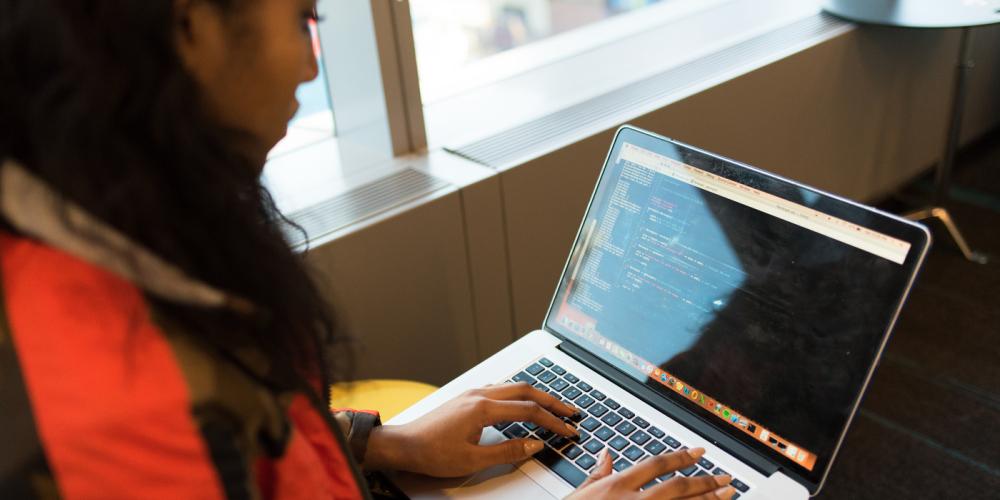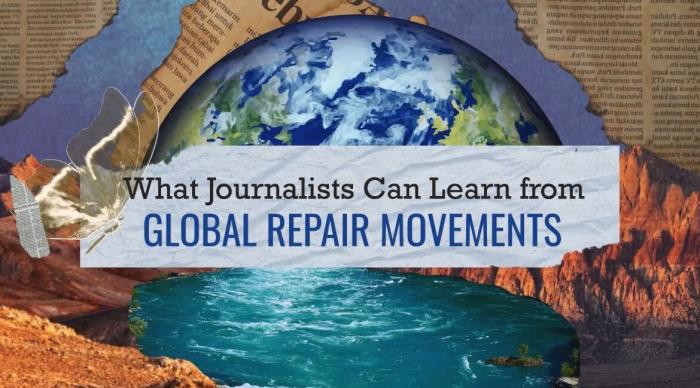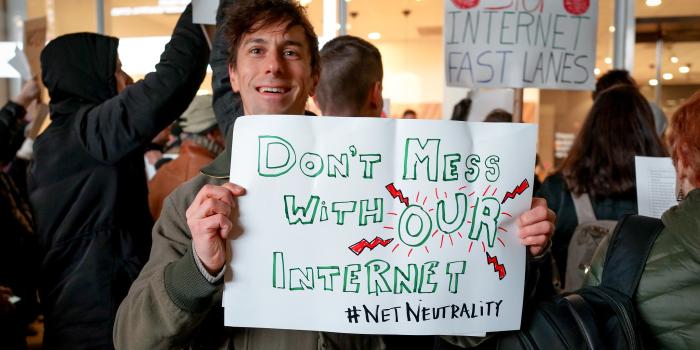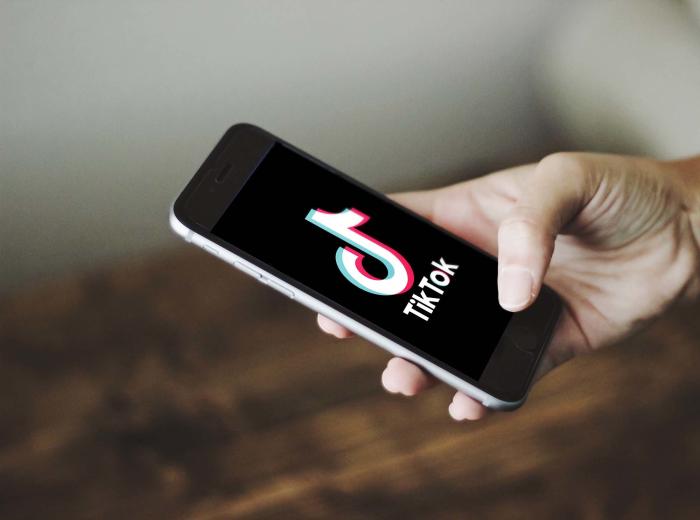Millions of Households Are at Risk of Losing Internet Access

It’s back-to-school season for students and their families across the country.
Starting after Labor Day, class will also be back in session for members of Congress as they return to Washington, D.C., from their August recess. At the top of their to-do list? Playing what’s become an annual game of chicken over whether to fund the federal government — including extending funding for the Affordable Connectivity Program (ACP), which ensures that tens of millions of households can stay online.
People need affordable connections
The ACP grew out of 2021’s bipartisan infrastructure bill, and it’s a major step forward toward closing the digital divide — which impacts Black, Brown and Indigenous communities the most — by increasing people’s ability to pay for a utility that costs way too much. ACP provides a $30 monthly subsidy, or $75 for those on Tribal lands and other “high-cost” areas, to people living near the poverty line or enrolled in federal-aid programs like Medicaid and SNAP.
More than 20 million households are currently enrolled in the program, but the need is much greater than that: According to the Associated Press’ analysis, less than 40 percent of eligible households are enrolled in the program.
The ACP is also on track to run out of money by next spring.
Access to high-speed internet isn’t a luxury; it’s a human right. Without it you can’t access basic things like education, health care, jobs, government services and info about what’s going on in your community.
People need to be able to connect during climate disasters
And affordable internet access is even more crucial in light of the climate crisis. Just this summer, we saw climate-change disasters devastate communities from Florida to Hawai’i to Vermont. People’s homes and lives were destroyed, and these kinds of disasters are only going to intensify in the years to come. Being able to connect to critical services before and during an emergency can literally save lives — and a stable connection can help people pick up the pieces afterward. And that says nothing of the joy and community that are possible online — connections people need to survive and thrive.
That’s why Congress invested $65 billion to build out new networks and subsidize connections in the first place. Of that total, $42.5 billion created the Broadband Equity, Access, and Deployment (BEAD) program, which will expand high-speed internet access by funding infrastructure deployment where it’s needed the most. BEAD funding was distributed to all 50 states, Washington, D.C., Puerto Rico, American Samoa, the Commonwealth of the Northern Mariana Islands, Guam and the U.S. Virgin Islands earlier this summer. But without further funding for the ACP, untold numbers of low-income families won’t benefit from the newly built broadband networks in their communities.
Renewing funding for the ACP has bipartisan support in Congress, but we know that in and of itself won’t be enough. Our elected officials must ensure that people don’t have to choose between paying for internet access and paying for groceries, rent and other essentials. Demand that Congress pass funding for the Affordable Connectivity Program.
Help us ramp up our fight to get Congress to act: Donate today.





